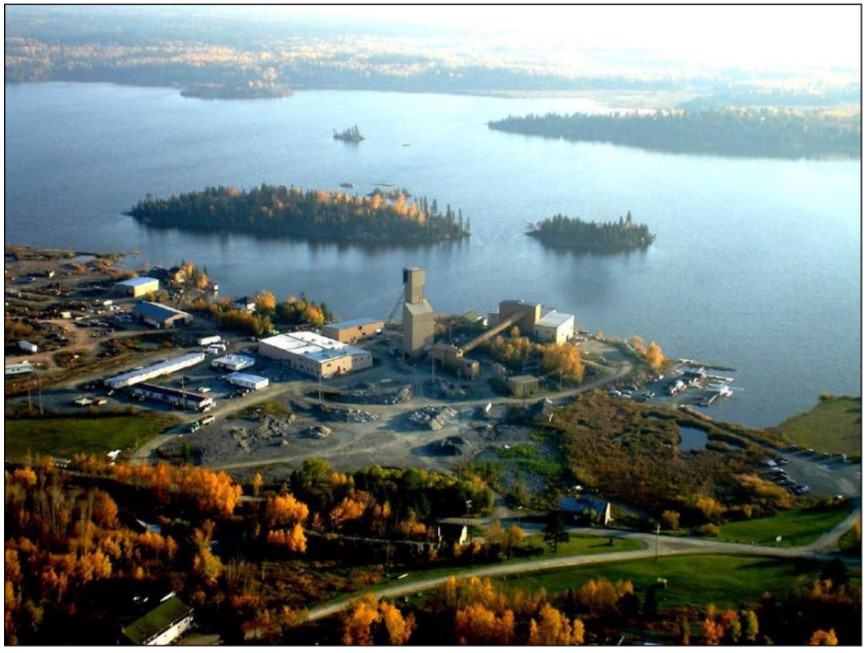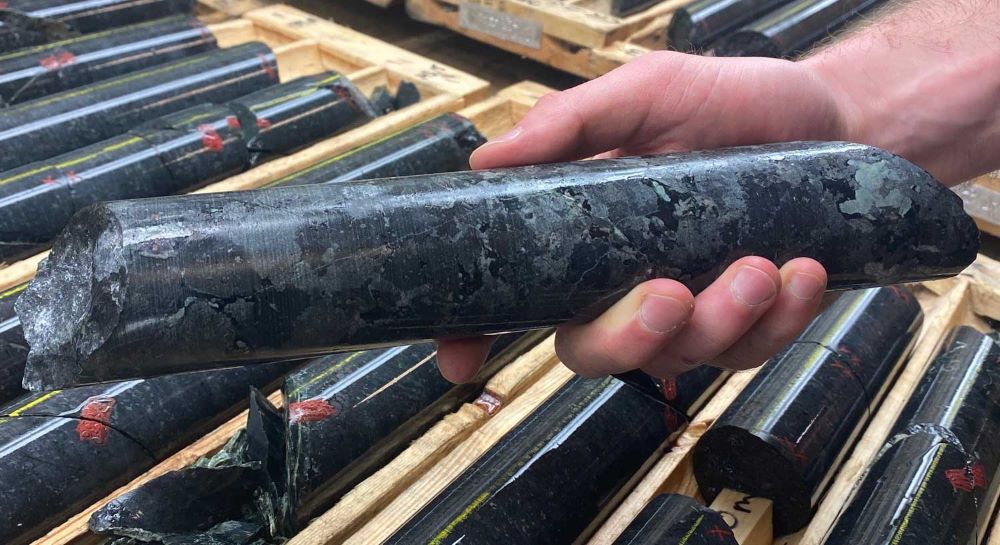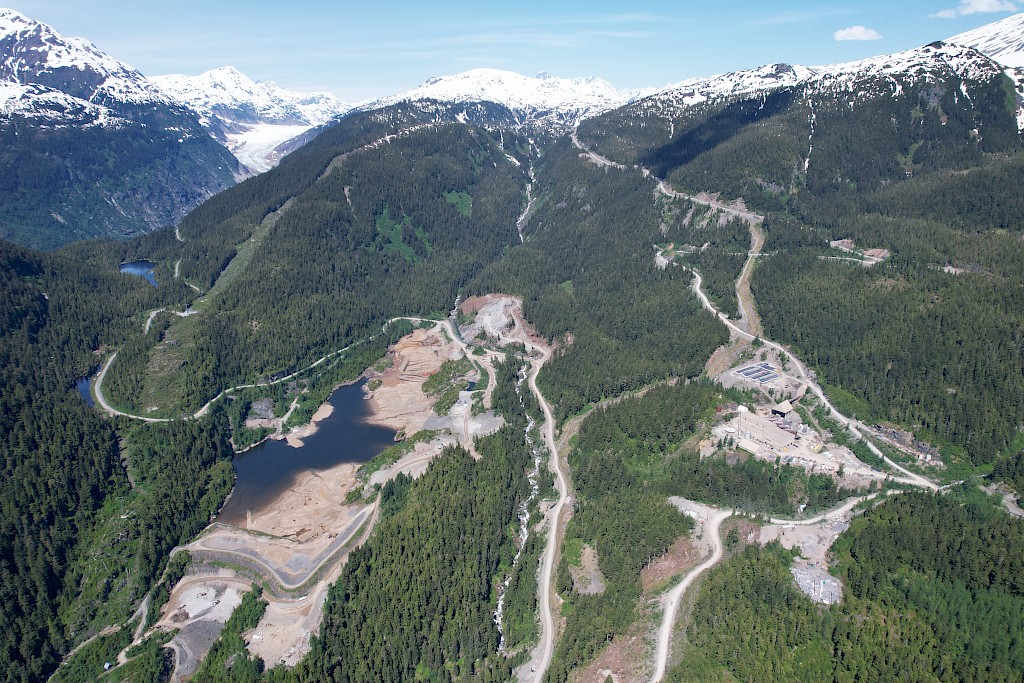Potash is hot, hot, hot - both potash the indispensable commodity and Potash Corp. of Saskatchewan (PotashCorp), that just happens to be the world's largest producer. The Canadian company has rejected a US$130/share offer from the world largest miner, Australian BHP Billiton. The bid reflects a total purchase price in the area of US$40 billion.
PotashCorp CEO Bill Doyle called the offer "grossly inadequate," and the board quickly adopted a shareholder rights plan. Doyle's opinion of the offer looks to be an understatement.
BHP's offer reflected a 16% premium in PotashCorp's share price as it traded on Aug. 16. PotashCorp shares jumped 26% the following day. The share price has been on a steady climb since it dipped to slightly below C$90 early in July. PotashCorp reported earnings of $472.0 million in Q2 2010, double the same quarter a year earlier. The gross margin for Q2 2010 was $583.6 million, three times earnings for the same period in 2009. And that is only one quarter. PotashCorp shares reached a record high of US$240 each in mid-2008 before the global financial meltdown, and the price is again headed in the desired direction.
BHP has shown growing interest in Canada's potash patch. The company is moving forward on its 100%-owned Jansen project east of Lanigan, SK. Construction could start in earnest next year for production in 2015 or 2016. The project has a target of 8.0 million t/y of saleable product at full capacity. Earlier this year BHP acquired Athabasca Potash for a modest C$341 million. That brought the Burr exploration project adjacent to the Jansen property into the BHP portfolio.
If readers will allow this writer an "I told you so" moment, here is what I wrote in October 2009 about a PotashCorp-BHP merger: "BHP Billiton should consider a takeover of PotashCorp. This was suggested by analysts at Bank of America Merrill Lynch. They speculate that the world's largest miner could take over the Canadian company at a 30% premium to the share price."
If these analysts are right, BHP (or a rival) will have to considerably up its offer to put PotashCorp management in a selling mood.
So far BHP has raied US$45 billion in loans from six international banks to pay for a takeover of PotashCorp. The cash may be tempting for PotashCorp shareholders.
There are other reasons to be bullish on potash. Demand is growing around the world, and that means increasing prices and larger shipments. The potash price has rebounded to the US$375/t-range, an improvement in the 2009 low of US$300 but far from the US$1,000/t it commanded in 2008. BHP's Jansen mine will be the first new potash producer in Saskatchewan in nearly 40 years. Potash One of Vancouver has a positive feasibility study for its Legacy solution mining project near Regina, SK. Agrium Inc. of Calgary earned US$506 million in the second quarter this year. Russian billionaire Suleiman Kerimov is attempting to consolidate several smaller producers in a bid to create a company that rivals Potash Corp. Finally, North Dakota issued its first potash exploration permit since 1976 to Dakota Salts of Denver.





Comments
Norman Forrest
The real question to be asked is: How are we going to become dependant of other countries for our food’s supply? If yes, then at what cost?
Three primary plant nutrients ‘ potash, phosphate and nitrogen
These products serve three different markets: fertilizer, feed and industrial. All three nutrients are important to the fertilizer industry, with phosphate being the biggest player in the feed market. In the industrial market, phosphate and nitrogen products play the major role.
Potassium (k) is essential to the workings of every living cell. It plays an important role in plants’ water utilization and also helps regulate the rate of photosynthesis. In regards with the phosphate in North America, there are no substitutes for this element. Phosphorus plays a key role in photosynthesis, the metabolism of sugars, energy storage and transfer, cell division, cell enlargement, and transfer of genetic information.
Canada is an important producer of Potash, but North America could and might have a shortage for phosphate and there is an urgent need for news mining operations in North America, as Agrium have already announced the closing of the Kapuskasing mining operation (the Kapuskasing mine is the only phosphate mine in Canada) between 2013-2015 (http://www.agrium.com/news/05784_7155.jsp) and Mosaic could have to close two centers (mines) in Florida, because of environment permit (http://www.reuters.com/article/idUSTRE66C5M320100713). Florida’s rich phosphate deposits are a vital link in the world’s food chain and a key ingredient in commercial fertilizer. In fact 75% of the phosphate required by farmers in the United States and 25% of the world’s supply comes from Central Florida.
Therefore there is good possibility that importation of phosphate will increase in the future and will leave the continent at the merci of the producing countries (China, Middle East and North Africa).
As mentioned in the article by Nathan VanderKlippe – From Wednesday’s Globe and Mail Published on Tuesday, Aug. 17, 2010 : Last October, the United Nations declared that global food production will have to double by 2050 to feed a growing world. Meeting that demand will require enormous new volumes of fertilizers.
Better yet for companies such as Potash Corp., both China and India are expected to need far more potash in the future. According to Washington, D.C.-based The Fertilizer Institute, both countries currently use half as much potash in their field mix as U.S. farmers.
China is a great example of becoming self-sufficient for food, as they have almost stopped all exportation of these basic elements for their own needs.
As demand for food continues to rise, fertilizer will play a critical role in sustaining the productivity of the soils required to produce this food. I invite you to consult the following link: http://www.potashcorp.com/media/POT_tfi_brochure.pdf for more info.
We have already have seen the price of the foods going up since January and with all the events happening in the world. We will see more and more inflation coming in the future, leaving less and less money in our pocket, as we have to fulfill our basic needs first. I am not even talking about any other thing that have an effect on leaving us less money in our pocket, such as interest rate, income tax, deficit and many more’
Shall we let this to happen?